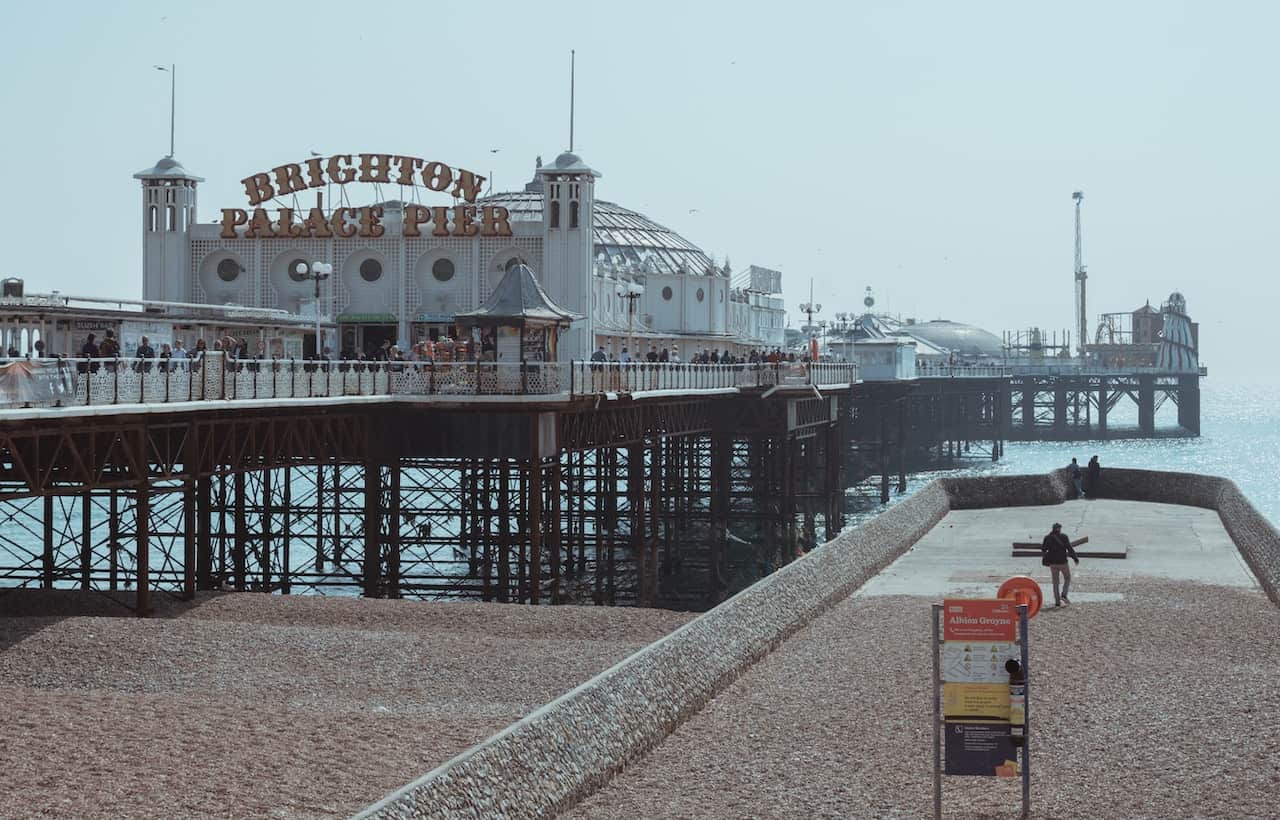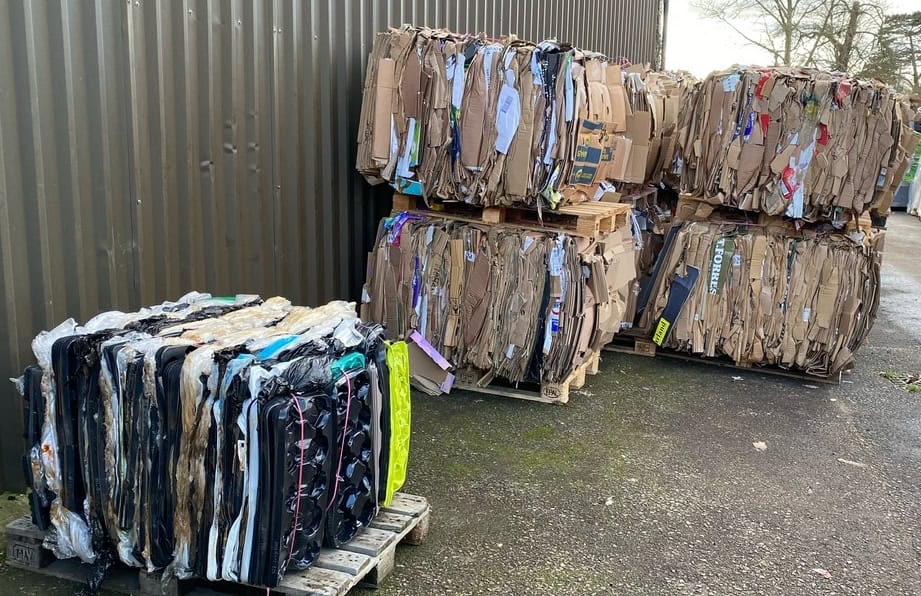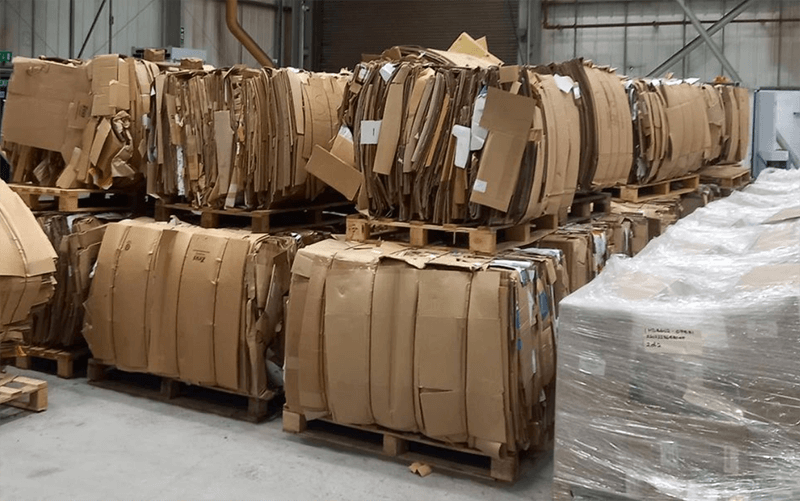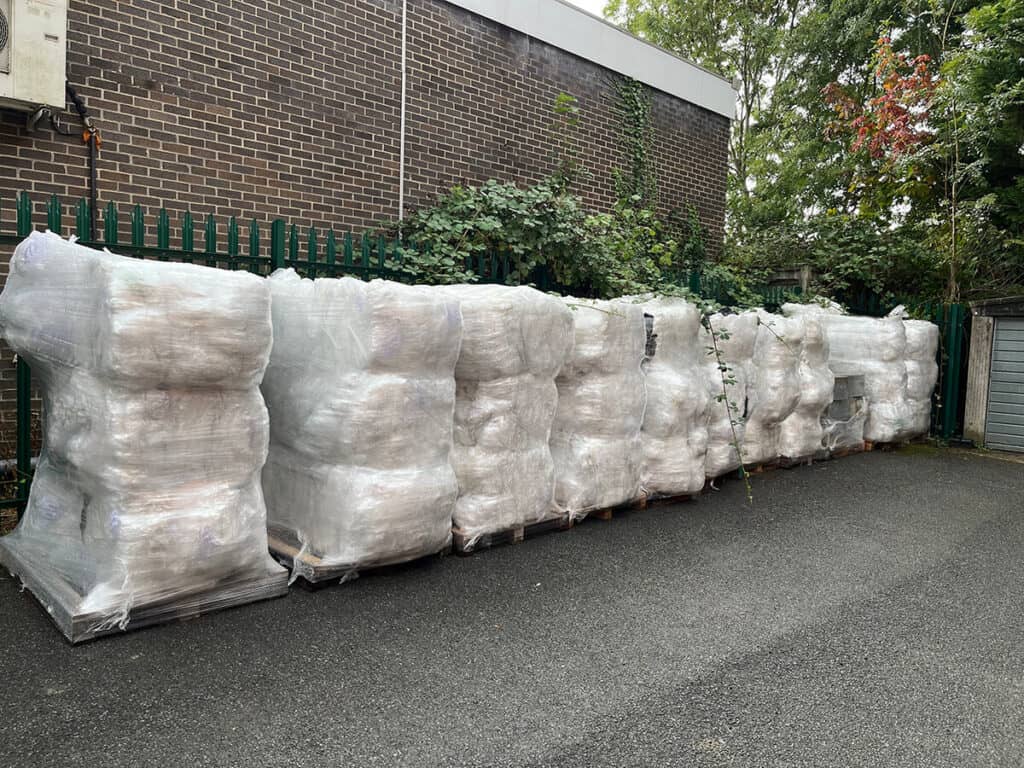Key Takeaways for Recycling In Brighton
- Figures for the year ending March 2022 show recycling rates increased to 30.1%.
- Evidence shows that Brighton & Hove residents are producing less waste with the amount of waste collected per household lower over the past 2 years.
- Brighton train station reached a 90% recycling rate.
How Does Recycling in Brighton Work?
Brighton is a bustling seaside city on the south coast of England, and has long been focused on its environmental sustainability. The city offers kerbside collections for recycling from households, along with two recycling sites available in Hove, off Old Shoreham Road and one in Brighton, off Wilson Avenue.
What Happens to Recycling in Brighton?
Recycling collected from households and businesses is sent to different facilities for reprocessing. If you transport your waste to recycling sites, they may have a shop where reusable items are sold.
When cardboard waste is collected, it is sent for reprocessing in the UK and abroad. This is then recycled into new products to be reintroduced back into the market. Plastic recycling such as bottles are sorted directly in the UK.
As for metal recycling, this is sorted locally. Aluminium cans are sent to Wales or Cheshire and melted down to produce new aluminium products such as cans.
The History of Recycling in Brighton
In 2000, the City generated 112,324 tonnes of household waste of which 10% was recycled. The City had immense pressure to double its recycling rate to meet the 20% statutory target for 2003, and triple it to attain the 30% 2005 target.
The council then introduced its first collection service for various recyclable waste in April 2003. The scheme was implemented in 6,000 households for domestic waste collections. This included glass, plastics, cardboard, textiles, paper, cans and foil collected every fortnight. The council now offers the majority of households regular collections of recyclables, with 30% of waste being recycled.
In 2021, a new recycling facility opened at Brighton Station to push recycling rates. This site segregates, washes, compacts, bales, weighs and electronically tags all waste from the station. The Mobile Segregation Unit (MSU) was created in partnership with sustainability start-up The Green Block, and helped attain a 90% recycling rate at the station.
How Brighton University Is Tackling Waste
The Reuse Project
The University has been working with the British Heart Foundation on its Pack for Good campaign, where the charity collects items for reuse from university halls at the end of each term. Items include clothing, books, DVDs, bags and small electricals. In December 2022, Brighton students donated 288 bags of unwanted items to the BHF that are set to raise over £4,000.
MyCup
MyCup is the University’s reusable cup scheme, where they encourage students and staff to use their own refillable cup. You can buy a reusable Huskup from any of their outlets. Every time you avoid another disposable cup being thrown away you will avoid being charged an additional 30p.
TRAID Collection Banks
Unwanted clothing and textiles are collected across the university through TRAID collection banks. The green collection banks can be found around the university enabling you to recycle and reuse items rather than throwing them into landfill.
Brighton Recycling Statistics
- Figures for the year ending March 2022 show recycling rates increased to 30.1%.
- According to the latest figures, the year ending March 2022 show recycling rates increased to 30.1%.
- Evidence shows that Brighton & Hove residents are producing less waste with the amount of waste collected per household lower over the past 2 years.
- Brighton students donated 288 bags of unwanted items to the BHF that are set to raise over £4,000.
How Businesses In Brighton Can Boost Recycling Rates
Nestled along the south coast, Brighton, with its vibrant arts scene and eco-conscious community, has always been at the forefront of environmental initiatives. For businesses in this bustling city, there’s ample opportunity to redefine recycling practices.
Firstly, they can collaborate with local environmental organisations to access resources and insights tailored to Brighton’s unique waste challenges. Providing more accessible recycling stations, paired with engaging and educational campaigns, will encourage both employees and customers to participate actively. Businesses can also host or support community recycling events, fostering a sense of collective responsibility. Moreover, embracing a circular economy model, where goods are repurposed and reused, can significantly reduce waste.








